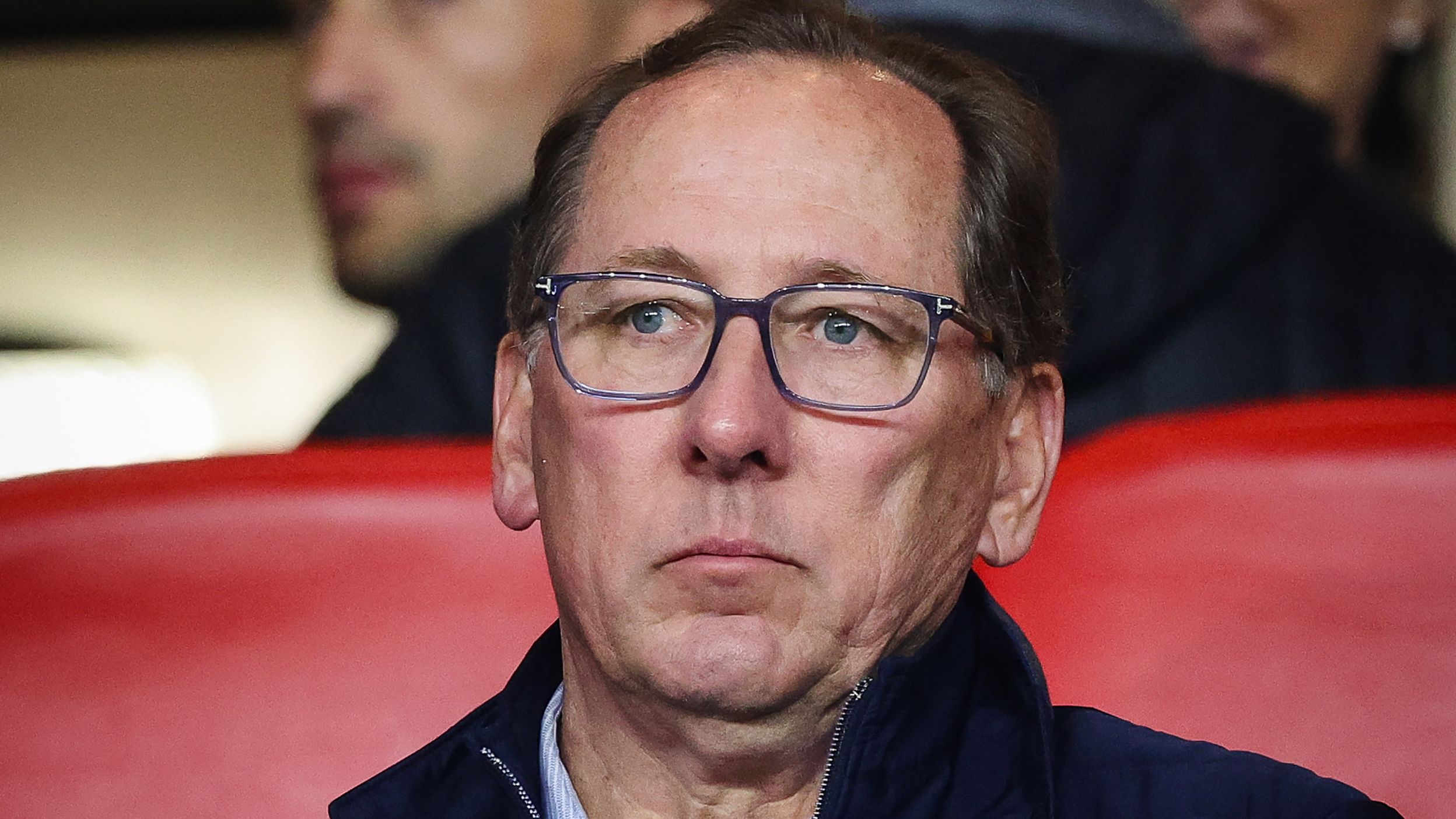John Textor Blasts French Football Governance
John Textor opened a fresh front in his ongoing war of words with French administrators this week, portraying himself as an “agent of change” while denouncing what he calls a culture of “corruption” that almost sent Olympique Lyonnais into the second tier. The American businessman, who owns majority stakes in Lyon, Crystal Palace and Botafogo, spoke after the DNCG (France’s financial watchdog) finally overturned its controversial decision to relegate Lyon, restoring the seven-time champions to Ligue 1.
John Textor versus the DNCG: How the battle began
The clash dates back to early June, when the DNCG ruled that Lyon’s finances were insufficient for top-flight participation. John Textor immediately accused the body of opaque decision-making, claiming it ignored external audits that proved the club’s solvency. His legal team filed an appeal, arguing that the watchdog had relied on outdated documents, and that its ruling was influenced by “political motivations” rather than objective accounting.
Inside Lyon’s successful appeal
During a marathon hearing lasting more than five hours, lawyers presented fresh guarantees—including a €60 million capital injection from Eagle Football Holdings, John Textor’s umbrella company. Independent auditors supported the figures, while Ligue 1 broadcast contracts were cited as evidence of guaranteed revenue. The appeals commission accepted the arguments, reversing the relegation. John Textor called the verdict “a victory for transparency,” yet warned that the underlying governance issues remain unresolved.
“Corruption” claims shake French football
Never shy of bold language, John Textor told reporters, “I am very much the issue because I refuse to accept corruption as business-as-usual.” He cited past controversies involving television rights, club licensing and refereeing appointments, insisting that entrenched interests keep power by intimidating dissenting voices. French football authorities rejected the claims as “defamatory,” but have not ruled out legal action.
Repercussions beyond Ligue 1
The saga has ripple effects across Europe. Because Lyon’s reinstatement enlarges the pool of French clubs eligible for UEFA competitions, Crystal Palace—also under John Textor’s control—could lose the Europa League spot they earned via Premier League positioning and England’s coefficient. UEFA rules prohibit owners from entering multiple clubs into the same tournament; if Lyon qualifies through the cup route, Palace may have to drop into the Europa Conference League. John Textor insists he will comply with all regulations but says the situation exposes “antiquated” ownership rules.
Financial fair play in focus
Analysts argue that the showdown underlines widening gaps in financial fair play enforcement across Europe. While England’s Premier League deducts points for overspending, France relies on the DNCG’s licensing model. John Textor contends the French system lacks transparency because its meetings occur behind closed doors. Supporters’ groups have largely sided with him, staging protests demanding an external audit of the DNCG’s governance.
Primary lessons from the Lyon case
1. Due process matters: The speed with which Lyon’s first-instance ruling was issued—and later reversed—highlights procedural inconsistencies.
2. Investor confidence: John Textor argues that foreign capital will avoid Ligue 1 unless governance reforms occur.
3. Competitive integrity: Relegation threats decided off the pitch distort sporting merit and destabilize player markets.
The bigger picture: French football at a crossroads
Ligue 1 is negotiating a new domestic broadcast deal after its €1.15 billion contract with Mediapro collapsed in 2021. Clubs fear a shortfall could force wage cuts or player sales, eroding competitiveness. John Textor believes a more international outlook—modeled on the Premier League—could triple media revenue in five years. However, critics accuse him of pushing an American franchise mindset that neglects French football’s cultural roots.
Voices from inside the game
• Jean-Michel Aulas, Lyon’s long-serving former president, thanked fans for their “unwavering support,” but said he is “concerned” by John Textor’s inflammatory tone.
• Didier Quillot, ex-LFP director, called the corruption allegations “nonsense,” stressing that audits of the DNCG are reviewed annually by the French sports ministry.
• Patrick Vieira, Strasbourg manager, said reforms are needed but urged stakeholders to avoid “scorched-earth” rhetoric.
John Textor’s roadmap for reform
The American outlines a three-point plan:
Transparency: Publish financial criteria and meeting minutes.
Independent oversight: Install a neutral arbitration panel with representatives from UEFA, players’ unions and fan associations.
Revenue growth: Centralize international rights and embrace streaming partnerships.
Whether the plan gains traction remains to be seen, but John Textor vows to keep pushing. “Change never comes from the comfortable,” he said, invoking his Botafogo experience, where he transformed the club’s training facilities and data department within two seasons.
What happens next?
Lyon can now focus on pre-season, yet the club’s summer budget is in flux pending the sale of under-performing assets. Meanwhile, UEFA’s Club Financial Control Body is monitoring dual-ownership implications. John Textor has until the end of July to submit a compliance roadmap that ensures competitive integrity should both Lyon and Crystal Palace secure European places.
French football’s stakeholders will gather in Paris next month for an extraordinary general assembly. Reform proposals, some echoing John Textor’s demands, are on the agenda. Fédération Française de Football president Philippe Diallo promises “open dialogue,” but insiders say power blocs are already forming.
Opinion: Necessary disruption or needless drama?
John Textor’s crusade polarises opinion, yet it has forced long-overdue scrutiny of the DNCG’s opaque processes. If his pressure yields transparent standards, French football could emerge stronger. The challenge is translating bold rhetoric into lasting reforms without burning the bridges needed for collaborative progress.
Your global gateway to nonstop football coverage:
Goal Sports News
Share this content:
